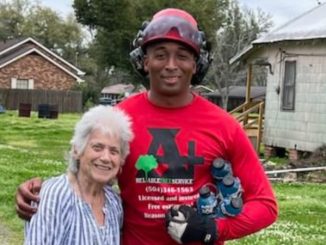
As Breast Cancer Awareness Month comes to an end and the pink-everything slowly fades away, it’s important to remember that year-round breast cancer prevention and detection should still stay top-of-mind. According to the American Cancer Society, about 1 in 8 U.S. women will develop invasive breast cancer over the course of her lifetime. In 2019, roughly 270,000 new cases of invasive breast cancer are expected to be diagnosed in women in the U.S.
While the numbers are intimidating, there is much one can do to ensure overall breast health. Knowing the signs and symptoms of how breast cancer manifests is an important step to early detection and treatment.
Signs and symptoms of breast cancer include:
Swelling of all or part of a breast (even if no distinct lump is felt)
Skin irritation or dimpling
Breast or nipple pain
Nipple retraction (turning inward)
Redness, scaliness, or thickening of the nipple or breast skin
Nipple discharge (other than breast milk)
Mammograms are important
Yearly screening mammograms should begin at age 40. Some of the newer guidelines recommend waiting until 45 or 50 years old, however the American College of Radiology and Society of Breast Imaging continue to recommend annual mammography beginning at age 40 to save the most lives. All women should get mammograms regardless of family history.
It is important to know if anyone in your family has ever had breast or ovarian cancer. If so, try to find out what age they were diagnosed, as this can impact your risk of developing a breast cancer. Discuss your family history with your doctor—they may recommend starting screenings earlier and/or more often.
You should feel empowered to make the best decisions about your health. Encourage your friends and family to get checked (and take your own advice). If you are experiencing any of the above signs and symptoms call and make an appointment with your physician today.
Dr. Srikanth Tamma earned his medical degree from Kasturba Medical College in Manipal, India in 2001. He completed internship and residency training from Wayne State University/ Sinai-Grace Hospital in Detroit, Michigan in 2007. He then completed his medical oncology fellowship at Ochsner Medical Center in 2009. He is board-certified in medical oncology and treats a wide variety of cancers and blood disorders. To schedule an appointment with him at Ochsner Health Center- Luling (1057 Paul Maillard Rd.), please call (985) 785-5771 or schedule online at www.ochsner.org.




Be the first to comment